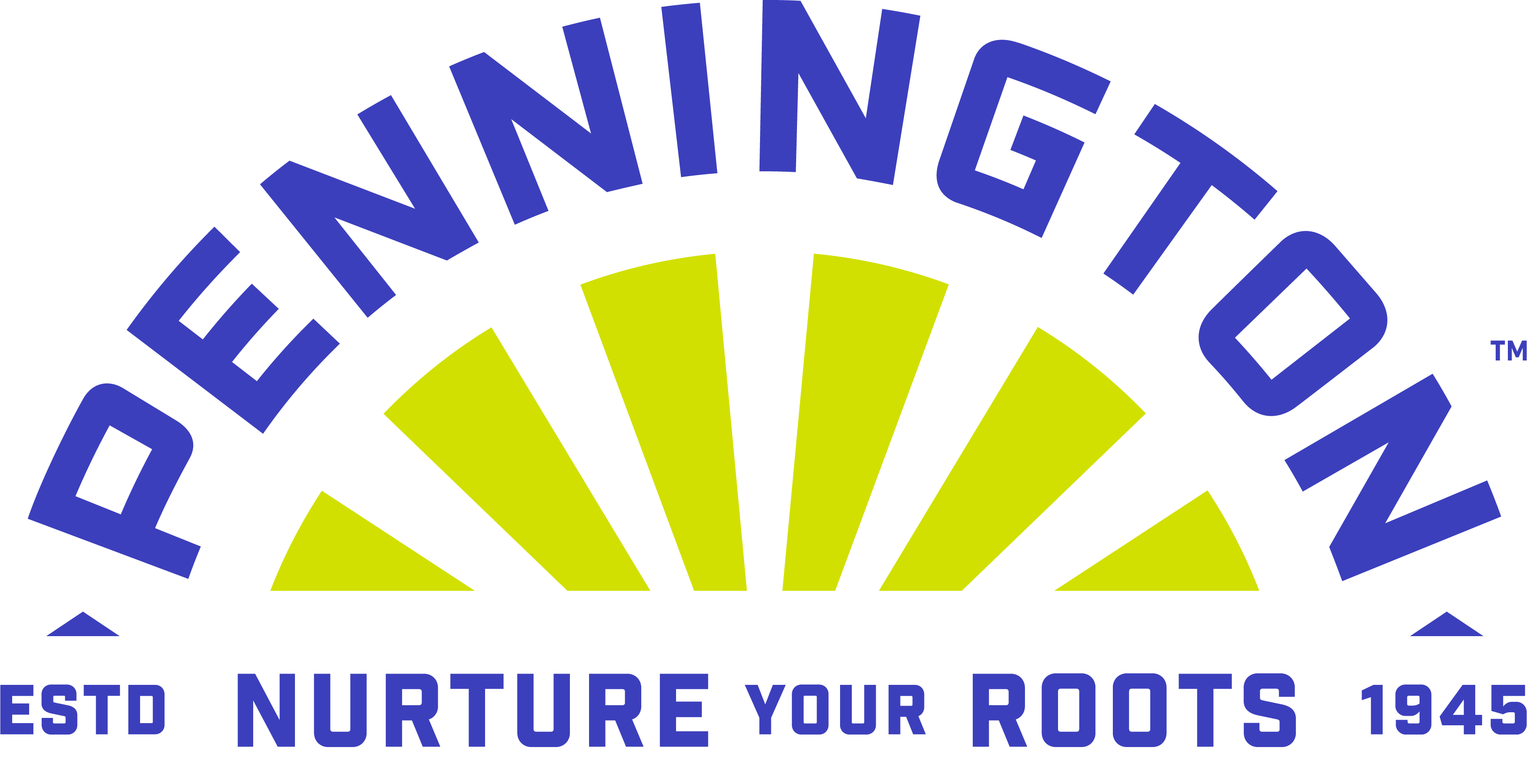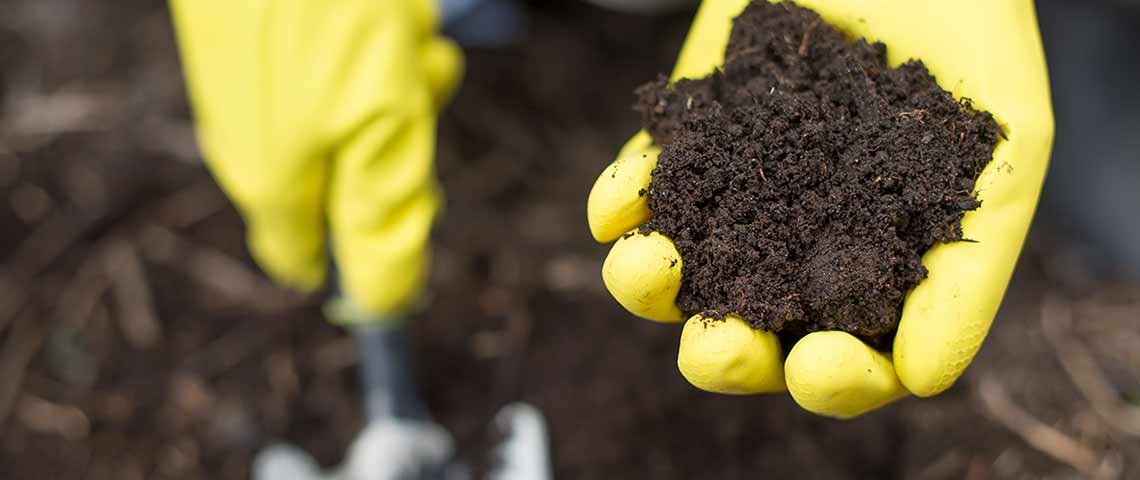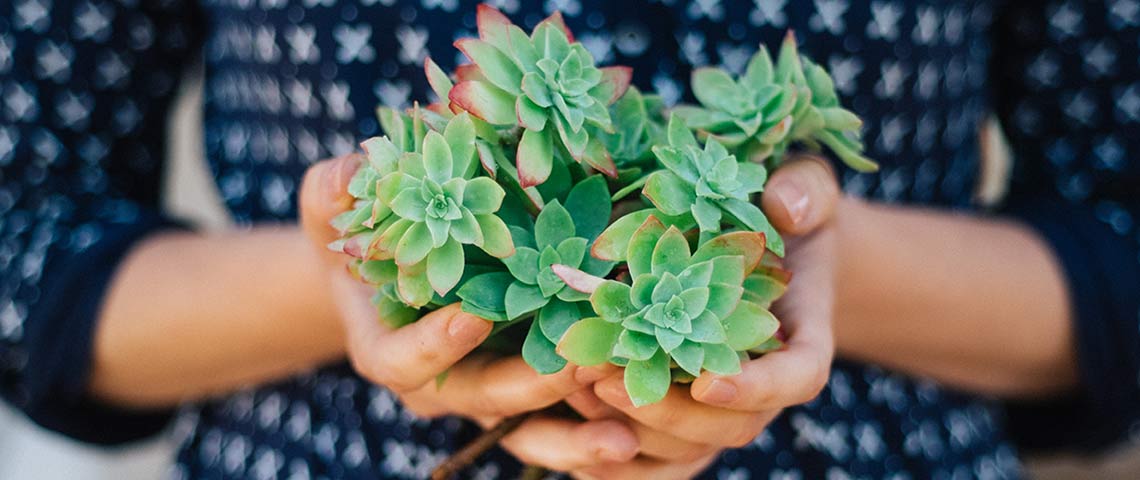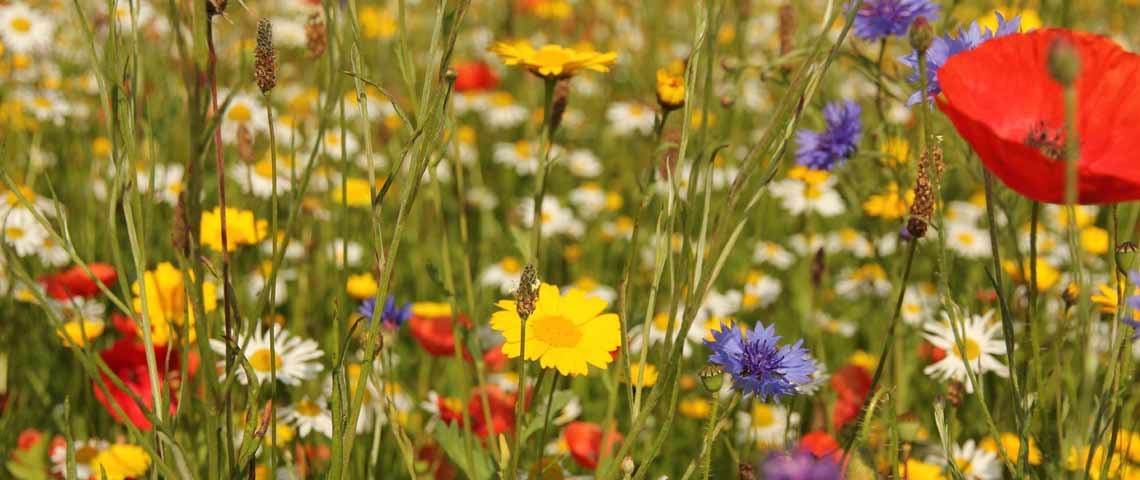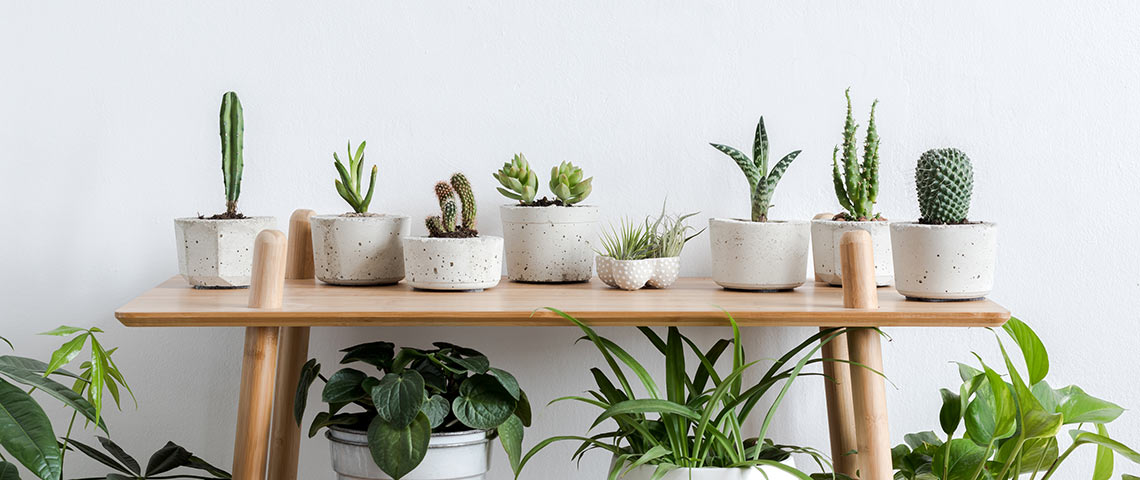All You Need to Know About Earthworm Castings
When you put biodiversity high on your list of garden goals, nature's creatures respond. Pollinating butterflies and bees are easy to see, but others — like earthworms — do their work underground. Earthworms benefit your yard and gardens in lots of different ways. As they move through soil, they create spaces that help air, water and nutrients reach plant roots. But earthworms also leave something behind: their castings.
In nature, castings are the little mudlike piles deposited next to holes where earthworms burrow into the earth. Put politely, they're an end product of worm digestion — one that can improve soil environments for indoor and outdoor plants. Castings are so beneficial, in fact, some gardeners raise their own worms. If that's your thing, we applaud you.
But if kitchen worm farms leave you a little queasy, relax. There's an easier way to bring earthworm castings to your garden and home.
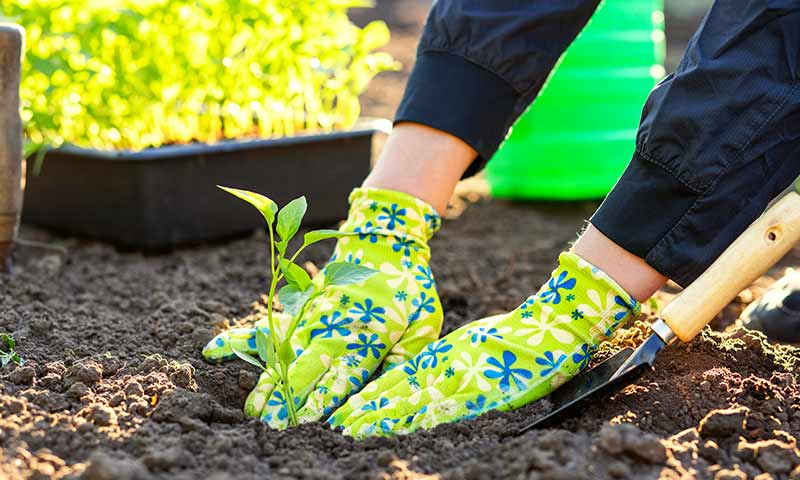
Earthworm castings provide essential nutrients and help improve garden soil.
How Earthworm Castings Improve Soil
Earthworm castings are naturally full of organic matter and beneficial microorganisms that make your yard and garden a richer place. Biologically active, nutrient-rich earthworm castings provide essential plant nutrients, including iron,1 but they also work to improve your soil's structure — from potting soil mixes for indoor plants to outdoor garden soil.
Humus in earthworm castings helps increase soil's capacity for water retention, improve soil aeration and anchor plant nutrients that would leach away and be lost. Castings also feed beneficial soil microorganisms that produce, store and slowly release plant nutrients into soil to feed your plants.1
Pennington Full Season Potting Mix is an easy way to bring earthworm castings to your native garden soil — without any mess or goo. Pennington Full Season Potting Mix does the same for your indoor houseplants or container gardens. These premium soil mixes also include added bio-stimulants to improve your plants' ability to take nutrients from your soil, indoors or out.
And don't worry — the earthworm casting granules in Pennington premium potting soil mix won't constantly remind you where they came from. Their rich, earthy texture is a lot like fine garden compost or dry coffee grounds.

Earthworm castings help create living soil ecosystems for indoor plants, too.
How Earthworm Castings Benefit Plants
Besides all the ways they help your soil, earthworm castings also directly benefit plants. Research conducted over several years at The Ohio State University Soil Ecology Laboratory found that worm castings enhance seed germination, plant growth, flowering and fruit production. Those are pluses, whether you're growing flowers or vegetable gardens. Castings also curb certain plant diseases, such as crown and root rots and wilt disease, and they inhibit some pests, including mites, aphids and mealy bugs.2
Researchers at the Cornell University Department of Plant Pathology and Plant Microbe Biology also dug into castings to see what good they could do. Their research demonstrated that worm castings suppress damping-off disease — that's the soil-borne fungal disease that targets your seeds and new seedlings just when your hopes start to soar. They also found that castings naturally degrade the protective covering of some plant-damaging insect pests, regulate plant nutrient release and stimulate the natural cycle of nutrients from soil to plants.3
The impact of earthworm castings increases when they're worked into soil before planting or potting. With Pennington Rejuvenate Natural & Organic Garden Soil Mix and Pennington Rejuvenate All Purpose Premium Potting Soil Mix, you're already one step ahead. Earthworm castings work in harmony with other beneficial, sustainably sourced ingredients in these premium mixes. You and your plants enjoy the benefits — without raising worms, harvesting worm castings or mixing your own soil.
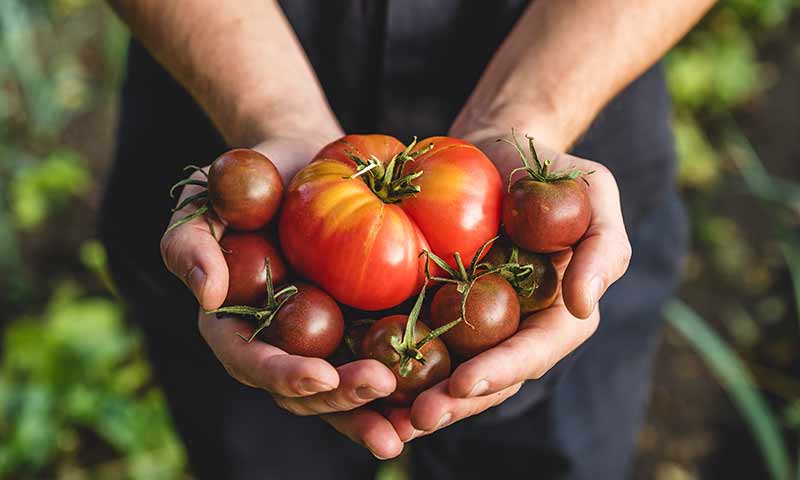
When you nurture your soil, it returns the love.
At Pennington, we've been helping yard and garden lovers dream bigger and grow better since 1945. From where we stand, that means working with Mother Nature, not against her, and nurturing the earth placed in our care along the way. We're here to help you do the same.
Always read product labels thoroughly and follow instructions.
Sources:
1. A. Timmerman et. al, "Composting Series: Worm Castings," Louisiana State University AgCenter.
2. The Ohio State University Soil Ecology Laboratory, Publications on Earthworms and Vermiculture, 2003-2008.
3. Cornell University Department of Plant Pathology and Plant Microbe Biology.
